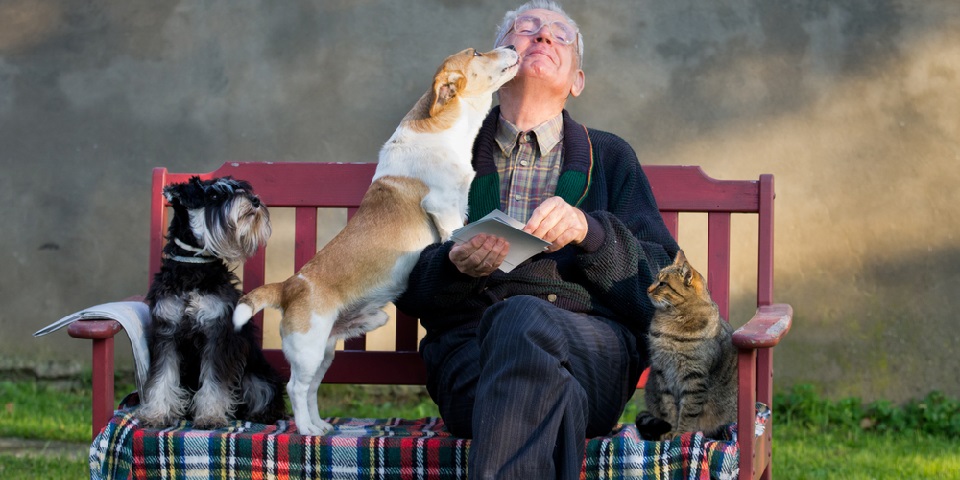
When newlyweds start to have children, one of the main concerns is getting your child on the property ladder as soon as possible. One such strategy is to buy an investment property for your child when your child is born. This investment property should be purchased in the child’s name with the parents standing surety. The property should then be rented out and, generally, by the time the child is 18 years old, the property’s bond should have been settled and your child will then own their first property which is completely paid off.
This is, however, an ideal scenario, assuming you are earning enough at the time to qualify for a second bond, bearing in mind the increased costs of living when raising a child.
The truth is parents always seem to make a plan for their children and generally give up everything, including their savings, for their children’s well-being. How many stories have you heard of parents taking out second bonds over their homes because their children need a cash injection in their new business, or are in some sort of financial trouble? With this being the case, the equity in your parents’ home diminishes substantially and when the time comes for retirement, they are not in a financial position to move comfortably into a retirement home. After all, at 60 years of age, financial institutions will likely not approve a bond over a property.
I started thinking about this recently while visiting one of our show days at a retirement estate in Broadacres. One of the first things that surprised me was that in order to live in the estate you had to be 55 years or older. I thought this was quite a young age to be living in a retirement estate, however speaking to the sales team at Landsdowne Properties, most of the residents were between the ages of 55 and 65 years old. That being said, the major draw card for the development was a state-of-the-art, “assisted living” centre on the development. This centre is run by a leading operator, which includes doctors, physicians, physios etc. I feel an enormous amount of comfort when considering this type of facility in that if either of my parents fell ill while living in the estate, and could not look after themselves anymore, they would be looked after.
So the question is this: do your parents have enough equity in their homes or savings to retire in a place where they will be looked after in comfort during their final days? Furthermore, if they do not, would you as their child consider buying them a retirement home? One should consider a property not only for one’s parents, but also as an investment. Retirement estates are in high demand, both in the resale and rental market, especially ones with frail care or assisted living facilities on the estate. In fact, rental returns are very similar to the normal residential buy-to-let market, with the capital appreciation being higher in some cases due to the shortage of retirement estates.
For me the decision is twofold: if your parents are not in a financial position to purchase a property in a retirement estate, is it not your responsibility to support them as they have supported you? Secondly, if this is a good investment decision, then why would you not purchase such a property? With 1-bedroom, 1-bathroom freestanding garden cottages, with automated garages and private gardens starting from R1,4m in this particular estate, I believe this would be a good investment property, especially considering the superb frail care centre, various medical facilities, coffee shop, hair salon etc. The number of people retiring without enough money to actually purchase in a retirement estate is on a substantial decline, so this will also drive up the demand for rental properties within these estates.
Maybe it is time to start looking at your parents’ retirement as a possible investment opportunity for you and, at the same time, as the right thing to do to ensure the care and comfort of your parents.
Jonathan Kohler CEO of Landsdowne Property Group